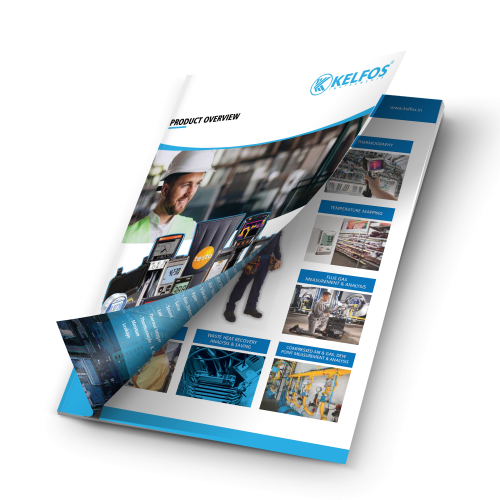Rubber & Glass Industries
Solutions for the Textile Industry
The textile and paper industries face unique challenges in quality control, environmental compliance, and process optimization. Kelfos offers advanced monitoring and measurement solutions that help these sectors achieve higher efficiency, sustainability, and product quality.
Environmental Condition Monitoring
Our systems integrate sensors for real-time monitoring of temperature, humidity, air quality, and chemical levels throughout textile production. This enables continuous data collection and analysis, supporting better quality control, reduced waste, and improved process efficiency.
Kelfos solutions help textile plants comply with environmental regulations by monitoring effluent parameters such as pH, turbidity, and chemical concentrations. Early alerts allow for timely intervention, minimizing environmental impact and supporting sustainable practices.
Driving Sustainability and Compliance with Advanced Monitoring
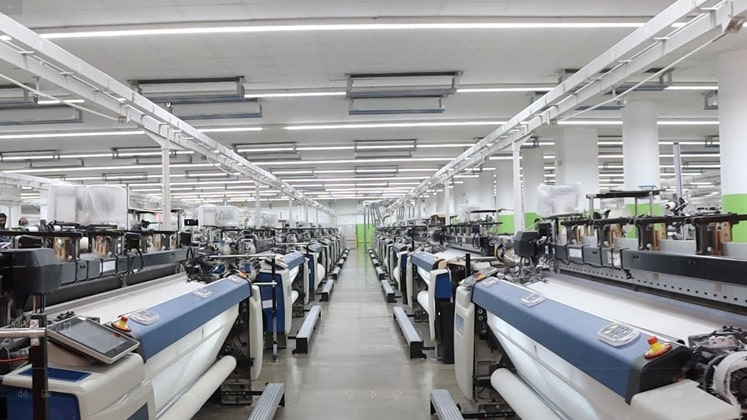
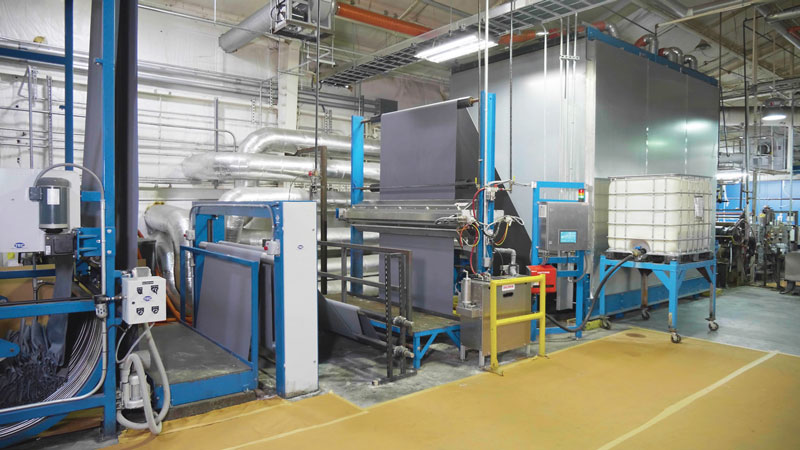
The textile and paper industries are under increasing pressure to operate sustainably, reduce their environmental impact, and comply with evolving regulations. Kelfos supports these goals by providing state-of-the-art monitoring systems and digital solutions that enable real-time oversight, process optimization, and transparent reporting. Kelfos empowers textile and paper manufacturers to lead in sustainability, compliance, and efficiency through innovative monitoring, automation, and digital solutions—driving a cleaner, greener future for the industry.
Environmental Monitoring for Sustainable Operations
Wastewater and Effluent Management:
Kelfos integrates multi-parameter sensors (for pH, turbidity, TDS, ORP, temperature, and color) into centralized monitoring platforms, enabling continuous tracking of effluent quality from textile and paper manufacturing processes. These systems provide real-time alerts for deviations, supporting immediate corrective actions and ensuring safe discharge levels in line with environmental standards.Air Quality Control:
Our air quality sensors detect and quantify gaseous emissions and particulates, helping facilities minimize air pollution and maintain a safe working environment.- The textile and paper industries are under increasing pressure to operate sustainably, reduce their environmental impact, and comply with evolving regulations. Kelfos supports these goals by providing state-of-the-art monitoring systems and digital solutions that enable real-time oversight, process optimization, and transparent reporting.
Real-time data acquisition and monitoring have become essential for modern textile manufacturing, enabling immediate visibility into production processes, quality, and equipment performance.
Benefits for Textile & Paper Industries
- Enhanced product quality and reduced defects through real-time monitoring and early alerts.
- Improved sustainability and regulatory compliance by tracking environmental parameters and effluents.
- Reduced operational costs and waste through process optimization and predictive maintenance.
- Scalable, customizable solutions tailored to the unique needs of textile and paper manufacturing environments.
Kelfos empowers textile and paper industries with innovative monitoring and control technologies, supporting sustainable growth, regulatory compliance, and superior product quality.
Applications
Smart Fabrics with Sensors
Smart textiles integrate tiny electronic sensors directly into fabrics, enabling real-time monitoring of temperature, movement, and even vital signs. These fabrics are used in healthcare for remote patient monitoring, in sports for performance tracking, and in wearable technology for interactive clothing.
Our expertise in the field
Kelfos is at the forefront of smart textiles innovation, specializing in the integration of advanced sensor technologies directly into fabric structures. Our expertise spans the design, development, and deployment of smart fabrics that transform ordinary textiles into interactive, responsive systems for a variety of industries.
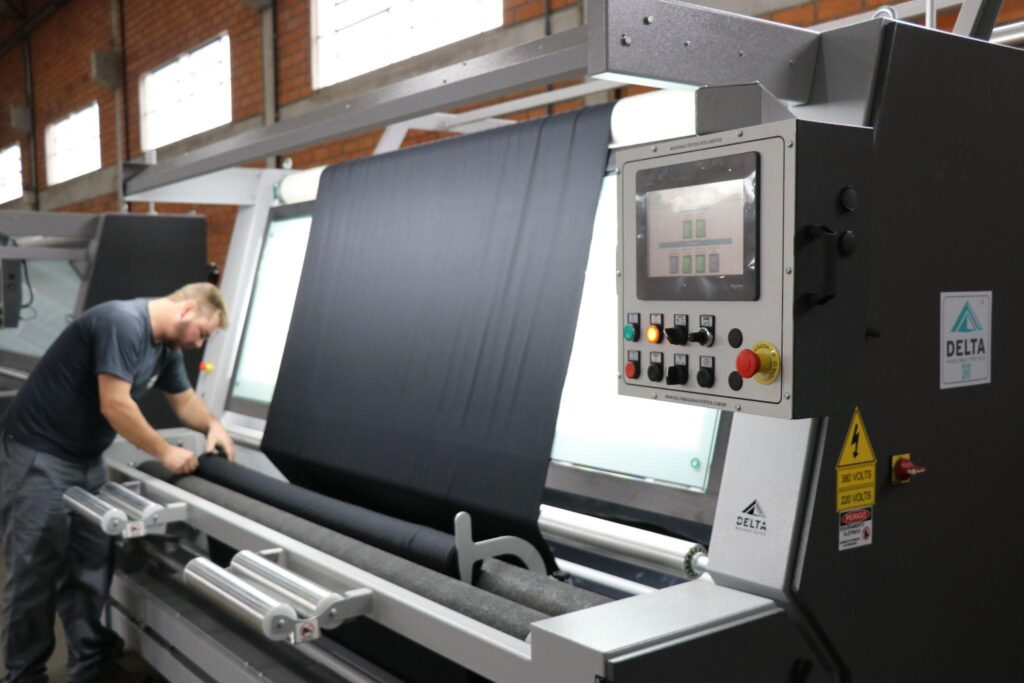
Waterless Dyeing Techniques
Innovative dyeing methods, such as supercritical CO₂ dyeing and digital printing, drastically reduce water and chemical usage in textile processing. These sustainable techniques lower environmental impact, minimize wastewater production.
Our expertise in the field
Kelfos is at the forefront of sustainable textile innovation, specializing in advanced waterless dyeing technologies that dramatically reduce environmental impact and resource consumption. Our expertise spans the research, integration, and optimization of leading-edge dyeing methods for diverse textile applications.
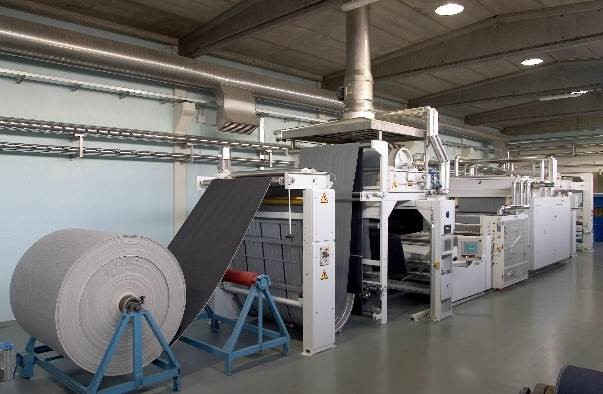
Process Monitoring and Control
Advanced sensors and data loggers are used to monitor critical parameters such as temperature, humidity, and pressure during paper production. This ensures consistent product quality, optimizes drying processes, and reduces energy consumption.
Our expertise in the field
Kelfos has extensive expertise in process monitoring and control, particularly tailored for the textile and manufacturing industries. We provide advanced solutions that enable real-time tracking, analysis, and management of critical production variables to optimize efficiency, reduce costs, and improve product quality.
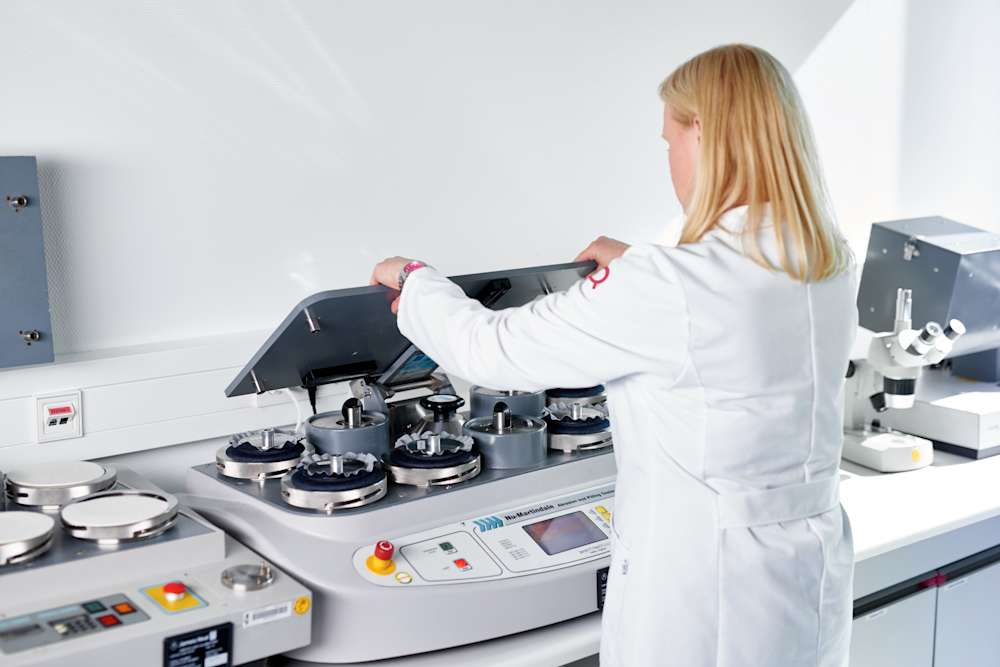
Textile Test Instruments
Our measuring devices for textiles are ideal for carrying out the constant monitoring and control of your production processes

The Importance of Textile Testing
Textile testing is a critical component of the textile and apparel industry, serving as the foundation for quality assurance, regulatory compliance, and product innovation. It involves examining and determining the physical, mechanical, and chemical properties of textiles at every stage—from raw materials to finished products. The importance of textile testing is undeniable—ensuring quality, safety, and compliance while supporting innovation and customer satisfaction. It is a vital practice that underpins the success and credibility of the textile industry at every level.
Ensuring Product Quality:
Textile testing helps manufacturers identify defects, assess durability and ensure that products meet specified quality standards before reaching the market.

Rubber Industries
Business success is ensured through digital transformation.
The glass industry is being altered by digitalization in the same manner that it was once transformed by electrification and automation. Digitalization solutions across the entire value chain are now the most important lever in glass manufacture for fully leveraging potential. Digital Enterprise is Siemens’ entire portfolio for digital transformation, with solutions tailored to the glass industry’s specific needs. Learn how Siemens’ innovative solutions can help plant operators and equipment suppliers in the glass sector become more efficient, flexible, and speedier, resulting in considerable productivity gains.
Need a Consultation? Contact Us 24/7
Innovative Test & Measurement Solutions for Market Leadership



